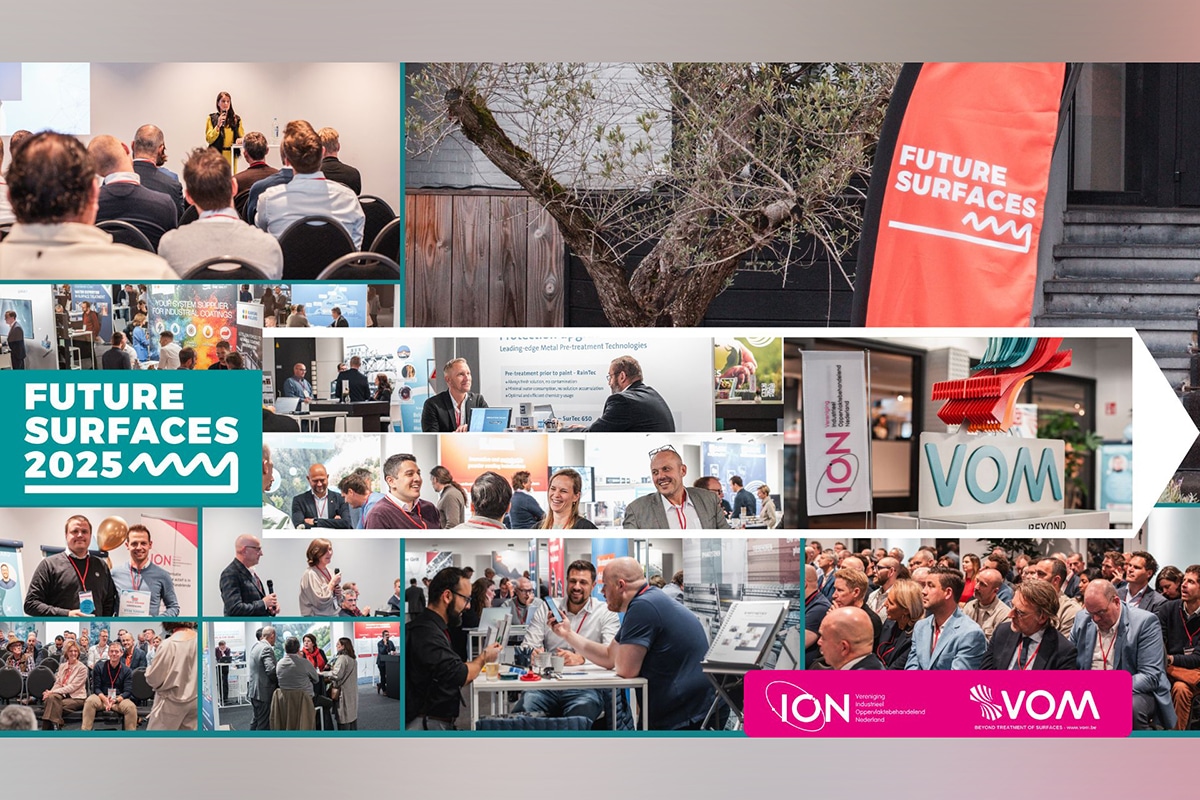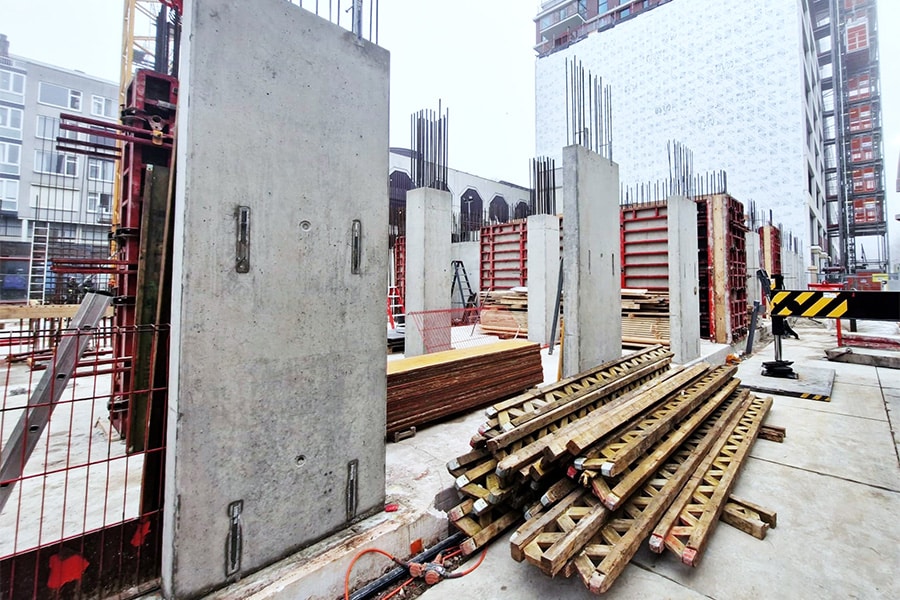
Upcycling, logistics and knowledge development united in one hub
To boost the sustainability of the construction industry, Dura Vermeer has set up a circular construction hub in the Rotterdam region. With Dura Vermeer Urban Miner, the builder is setting its sights on high-quality reuse of raw materials and materials and zero emission urban logistics. This new company is working to optimally close the raw materials cycle for both construction and infra activities.
The construction sector is responsible for nearly 40 percent of total global CO2 emissions. If we want to be fully circular and CO2-neutral by 2050, we must radically change course. Reducing material use, for example by designing differently, is simply not enough. In addition, the strategic importance of having a grip on raw materials and materials is also increasing. The corona pandemic is an interesting harbinger of the price increase that scarcity brings. Production of building materials came to a temporary halt due to corona, which is currently causing huge price increases.

Reuse? As often as possible
Many objects and elements in construction and infrastructure projects are scrapped before they have reached the end of their technical lifespan. To be fully circular by 2050, this must change. A problem that often occurs is that materials released from demolition or renovation projects cannot be directly reused within new construction projects. Dura Vermeer Urban Miner solves this by providing temporary storage. In addition, minor processing of the objects and elements also takes place. We therefore no longer speak of recycling but of upcycling.
The hub will store and process all kinds of materials into new raw materials and materials that can be used for a second round. Materials that are released and for which there is no immediate use or project, such as window frames, partitions, ceiling tiles, a complete bridge or even a bicycle tunnel, are stored at the site to see if they can be used elsewhere. On the six-acre site, bridge parts, walls, windows and anything else of any use from demolished buildings and works of art can be stored.
Logistics
In addition to reuse, logistics will increasingly play an important role in the transition to a circular economy. Construction traffic is the second-largest CO2 polluter in the city center, and this is only expected to increase further due to the rising demand for housing and renovation projects to make the existing housing stock energy-neutral by 2050. For this reason, so-called construction hubs are increasingly being established. The number of transports in the city and thus CO2 emissions can be reduced by about 40 percent, according to several studies.
The Dura Vermeer Urban Miner site stores packages for inner-city construction sites nearby. These are delivered to construction sites by day or week electrically or by ship, reducing CO2 emissions. The construction hub is slightly further away than the city's standard construction hubs, with the advantage of relieving the surrounding road network. Transport by water saves about five trucks on the busy A15. In addition, knowledge is being gained for the future deployment of daily and weekly packages consisting of recycled materials. With this, upcycling and logistics knowledge are increasingly coming together.

Circular knowledge center
To implement high-quality reuse and zero emission building logistics within construction and infrastructure projects, knowledge is needed. By actively working on the circular issue, Dura Vermeer Urban Miner is gathering knowledge and experience. Both in storing and processing materials. In the knowledge center of Dura Vermeer Urban Miner, pilots are initiated and monitored. In this way, a unique collection of knowledge is growing, based on practical processes throughout the chain. Because cooperation with chain parties is crucial for timely harvesting of the right materials and reuse in new projects, there is close cooperation with producers, suppliers, universities and all kinds of startups.




